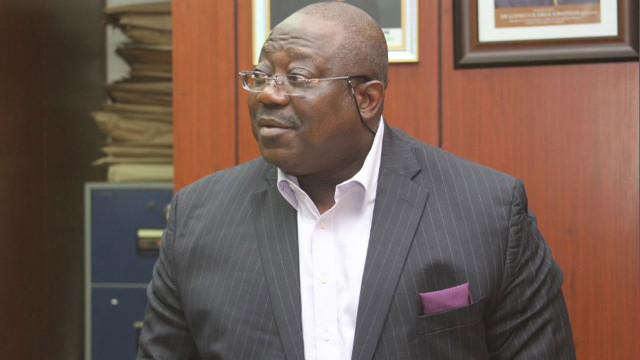The Federal Civil Service Commission has stated that the primary issue plaguing the civil service is not overstaffing, but rather a mismatch of skills and underutilization.
The Chairman of the Commission, Prof. Tunji Olaopa, made this announcement in Abuja on Wednesday during the unveiling of the commission's inaugural strategic plan at a three-day retreat held from June 30 to July 2, 2025.
He pointed out that Nigeria possesses a workforce where many skills are now obsolete, rendering a significant number of workers redundant. "When you compare our federal civil service workforce to those of other nations, you'll see that our size is actually quite small.
However, the challenge we face is that we have a large number of employees lacking the necessary skills for their roles, while the skills needed within the system are in short supply," he explained.
To remedy this issue, Olaopa mentioned that the commission will implement a performance management system, reskill and redeploy underutilized staff, and promote voluntary exits with incentives.
"It's about placing the right individuals in appropriate positions and creating a civil service that aligns with national priorities," he added.
This initiative aims to revamp the commission’s bureaucracy to align with Nigeria's economic goal of achieving a $1 trillion economy by 2030.
The strategic plan covers the years from 2025 to 2029 and aims to reposition the federal civil service as a pivotal agent in national development.
Olaopa emphasized, "The civil service must no longer be perceived as an impediment to economic growth. We're transforming the Federal Civil Service Commission to be driven by performance, focused on reform, and aligned with the President’s vision for a $1 trillion economy by 2030."
He highlighted that this transition stems from a directive from President Bola Tinubu during the swearing-in of the current commission on December 13, 2023. The President had called on the commission to "fully enable transformation, reorientation, and digitization of the federal bureaucracy to foster growth and bolster the private sector in developing the Nigerian economy."
To fulfill this mandate, the commission has crafted a strategic roadmap centered on merit, accountability, and digital efficiency.
"The public sector should serve as a catalyst for national growth, not a hindrance. Our strategic plan is designed to achieve this by drawing in top talent, utilizing technology in recruitment and promotion, and aligning progress with measurable results," he declared.
Olaopa highlighted that a significant aspect of the plan is the establishment of transparent, merit-based recruitment processes.
"This initiative seeks to eliminate favoritism and prioritize merit. For the first time, we advertised vacancies publicly, and applications were handled online. We aim to attract Nigeria's brightest into the civil service," he stated.
He also urged a renewed commitment to instituting performance measures, rewarding excellence, and ensuring accountability throughout ministries, departments, and agencies.
"We are laying the groundwork for a civil service that is prepared for the future and suitable for its purpose. Our mission is clear: to cultivate a service that drives the economy, not hinders it. The $1 trillion goal is not merely a political slogan; it's a strategic objective that we are now working towards."




















